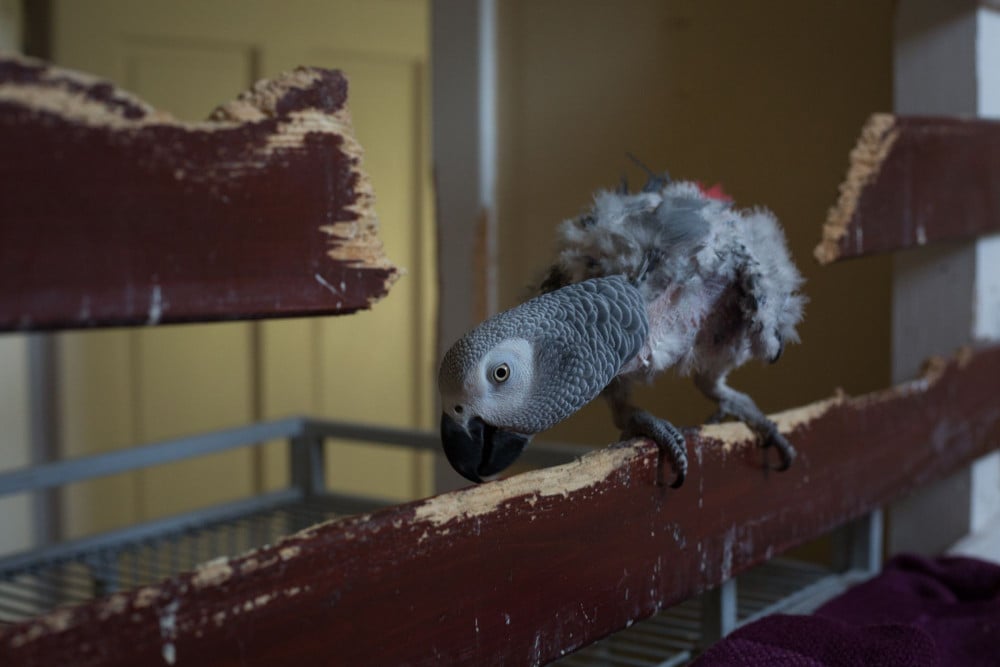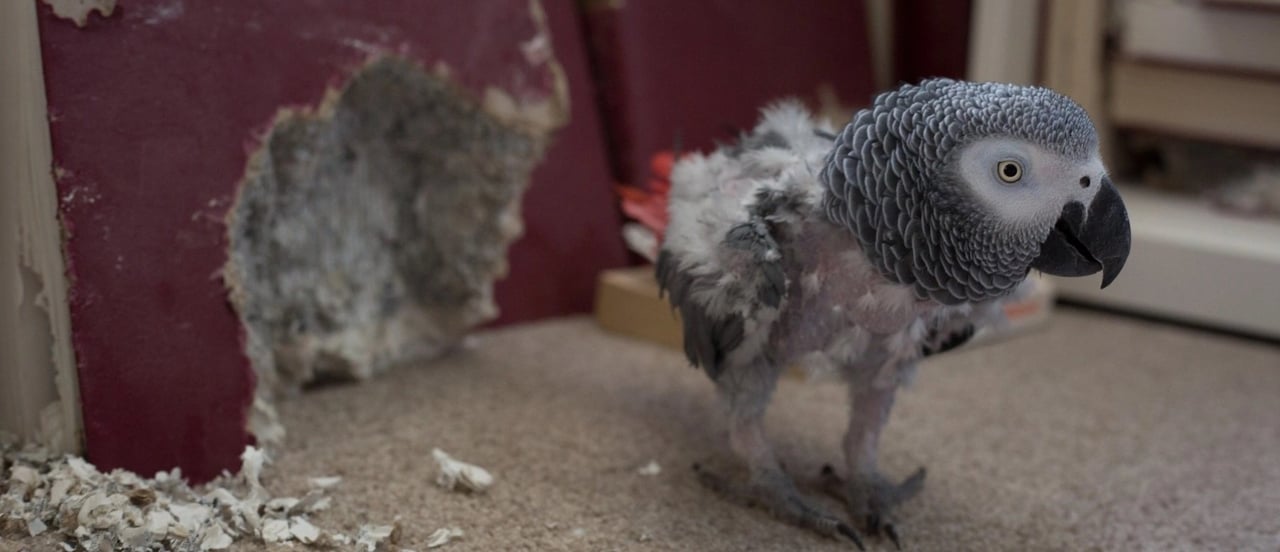
Looking to buy a wild animal as a pet? Hopefully we can change your mind.
Wild animals like parrots, otters and tortoises might seem like fun pets, but in reality, they are extremely difficult to care for and ultimately, as wild animals they suffer.
The journey for a wild animal in the exotic pet trade is cruel – and often deadly. Either poached from the wild or bred in captivity on a farm, these animals are shipped long distances and taken to countries vastly different from their original homes. Many exotic pets suffocate and die in transit before they even reach their final destination.
Up to 66% of African grey parrots who have been poached from the wild for the exotic pet trade will die in transit.
Sign our pledge and help us protect wildlife by keeping them where they belong. In the wild.
Pledge to never buy a wild animal as a pet
Join thousands of Canadians taking a stand against the exotic pet trade. Together, we can reduce the acceptability of owning exotic pets. Enter your details below to pledge.

No wild animal can have its needs entirely met when kept as an exotic pet
We know people often purchase exotic pets because they’re animal lovers. Animals bring joy to our lives, so it’s understandable that we’d want them to be part of our home. But many exotic pet owners are unaware of the suffering their animals endure.
Suffering is inherent in a life of captivity for a wild animal. Captivity limits their natural behaviour and places both their mental and physical well-being at risk. Whilst kept as pets, these animals often suffer from chronic stress and poor physical health from being kept in environments that can’t give them what they need to be happy and healthy. Wild animals are not pets; they belong in their natural habitat.
In our investigations, we found several specific welfare concerns that speak to the broader welfare issues related to the keeping of wild animals as exotic pets:
- Basic needs not met: a high number of pet snakes, lizards, tortoises and turtles die within one year of becoming a pet.
- Cruel captive breeding: artificial breeding in captivity can cause ball pythons serious genetic defects
- Insufficient nutrition: in our investigations, we found that captive green iguanas can suffer from soft bones due to poor diet.
- Unhealthy human contact: handling Indian star tortoises can cause them disease and death.
- Confined in tiny spaces: African grey parrots fly several miles a day in the wild.
What to do if you already own an exotic pet
While keeping some exotic pets may involve less suffering than others, no wild animal can have its needs met entirely in captivity. Only domesticated animals, like cats and dogs, should be kept in home environments where their needs can be more easily met.
If you already own an exotic animal, you should seek expert advice from a veterinarian that specializes n their care to ensure you’re meeting as many of its welfare needs as possible, if you haven’t already. We encourage you to continue to give your pet the best life possible, for as long as you can.
What you should never do is release an exotic pet into a new eco-system. Most animals will not be equipped to survive alone in a new environment, either dying from starvation, a foreign climate they are not biologically built to withstand or killed by other predators. While most will die, some animals may survive and establish themselves in a non-native environment and become an invasive species. When this occurs, it can have serious negative implications for the local, native species of animals and their ecosystems.